13 Myths and Misconceptions of SEO
Posted on July 11, 2017 by Taylor
Search Engine Optimisation is one of the most talked about, searched for, and read about topics for internet entrepreneurs.
Myth 1: SEO is a Scam
Due to the nature of the internet it is very easy for anyone to claim that they are an SEO ‘guru’. This has made many webmasters skeptical of bringing an SEO into their employ for fear of being ripped off, or worse having their site blacklisted from Google.
It’s always important to do your research before hiring a search engine optimiser to optimise your website. Look out for individuals and agencies that have a good client history, with good results. It’s best to avoid companies that claim they can get you to the top of Google. While they may well achieve this, it’s impossible for anyone to guarantee, and it certainly isn’t something that can be done overnight.
Myth 2: Reacting Quickly to Search Engine Updates
Have you ever heard the expression “never try to time the Google”? Well, you probably haven’t because it’s often used by financiers when trading the stock markets, but the saying rings true for SEO too.
Google makes more than 500 optimisations to its algorithm every year, most of which aren’t publicly known. Most of the time it’s only the major algo updates you need to worry about, and even then we wouldn’t recommend taking any action unless you start to notice a significant decrease in traffic.
If you’re worried your site may have been adversely affected by a recent Google update, get in touch with us today.
Myth 3: I Don’t Need HTTPS/SSL
There’s a common misconception that HTTPS isn’t required on a site that isn’t ecommerce. Whilst that may have been the case a few years ago, Google and other search engines are now favouring sites that have HTTPS enabled.
Not only will HTTPS give you a ranking boost, it will also give way to newer technologies such as HTTP/2. HTTP/2 makes use of multiplexing which means multiple requests for external assets no longer have an impact on site speed – no more sprite sheets. Hooray! In many cases with HTTP/2 enabled, sprite sheets may even have an adverse affect on a site’s page speed. Why is page speed important? Google favours sites that load faster as they provide a better user experience – no one wants to wait around for pages to load.
Myth 4: Having an XML Sitemap Will Boost my Rankings
We’re always told to upload an XML sitemap to our website, but does it actually have any impact on our rankings? Well, the short answer is ‘no’, having a sitemap won’t have an impact on your rankings. However, a sitemap does make it easier for Google to index your site.
Myth 5: Meta Tags Don’t Matter
Since Hummingbird, search engine optimisers have been discussing whether or not meta tags are as important as they once were. Google may no longer use the meta keywords tag as a ranking factor. But, this isn’t to mean they don’t matter as keywords can help Google categorise a site’s content.
Meta tags may well have little impact on the SERPs, but think of it this way: the first thing a user will read when finding your page through Google is the title and meta description. A well written title is almost guaranteed to increase click-through rates.
Myth 6: Top-level Domains Improve Rankings
Internet entrepreneurs often believe that a .com is the be all and end all of domain names. This simply isn’t the case, Google is far more interested in content and whether or not a site is considered spammy than its domain name.
Having said that, if the .com, or .net derivative of your brand name is available we’d recommend that over any other TLD. As an aside, a .com may bring in more direct traffic. This is because typing .com at the end of a URL is muscle memory for a lot of users.
Myth 7: H1 Tags Increase Rankings
This one may come as a bit of a surprise, but the use of H1 tags doesn’t necessarily correlate to better positions. This may well have been the other way around before Google Panda, but on-page SEO has since changed.
Don’t get us wrong, you should still use H1 tags and other header tags on your site’s pages, but they should be used for the right reasons. Header tags should be used to break up chunks of text to make your content more readable for users, rather than a means of optimising for the search engines.
Myth 8: Social Signal Isn’t a Ranking Factor
It’s time to reactivate that Twitter account that you haven’t posted on since last year. Social media does indeed have an impact on search. Google amongst other search engines can use social sharing as a means of determining whether a site provides useful content. At the end of the day, if a lot of people have shared a piece of content it must be doing something right.
Myth 9: Google Will Naturally Send Traffic to my Site
It would be great if we could just launch a new site, sit back, and watch customers flood in. Unfortunately, it isn’t that easy, and whether we like it or not getting to the top of Google requires a lot of time and patience.
Myth 10: I can Quickly Get to the Top of Google
Webmasters often make the mistake of hiring a search engine optimiser for a short while, before any results have had time to come to fruition. SEO can take months, even years before it can make a noticeable difference. The other mistake people make is stopping SEO altogether once they start to see results.
Myth 11: Keyword Research is Dead
A rather dangerous myth that has been floating around is the notion that keyword research is no longer relevant. We can’t stress this enough, before you start writing new content, always do your keyword research. Google’s Keyword Planner is the best tool for selecting keywords for your content.
Myth 12: More Content Means Better Rankings
“Content is King”, is a phrase often thrown about by search engine marketers. Whilst high-quality long form content will have a positive impact on rankings, having more words than the top result won’t guarantee a better position.
Myth 13: PageRank
Years ago, PageRank was a big thing for search engine optimisers. You’d often see adverts for “cheap PR 8 links”, and all sorts of other rubbish. While PageRank was a thing, and in some ways still is, it carries nowhere near as much weight as it once did. PageRank is no longer publicly available, so please ignore anyone trying to sell you shady links to boost rankings.
In Summary
As you can see there’s a lot of misinformation engulfing the SEO industry. We hope this post has helped dispel fact from fiction, and shown you that there are indeed strong benefits to using solid SEO strategies optimising your website.











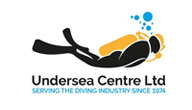

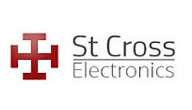
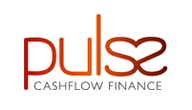



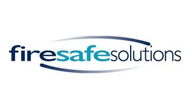
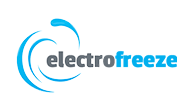
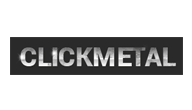

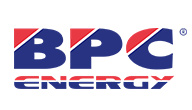
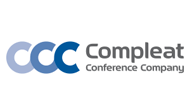
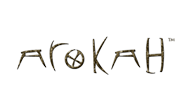
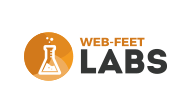
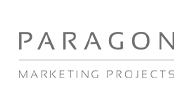
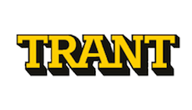


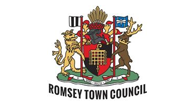
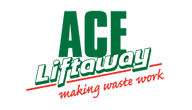
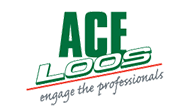
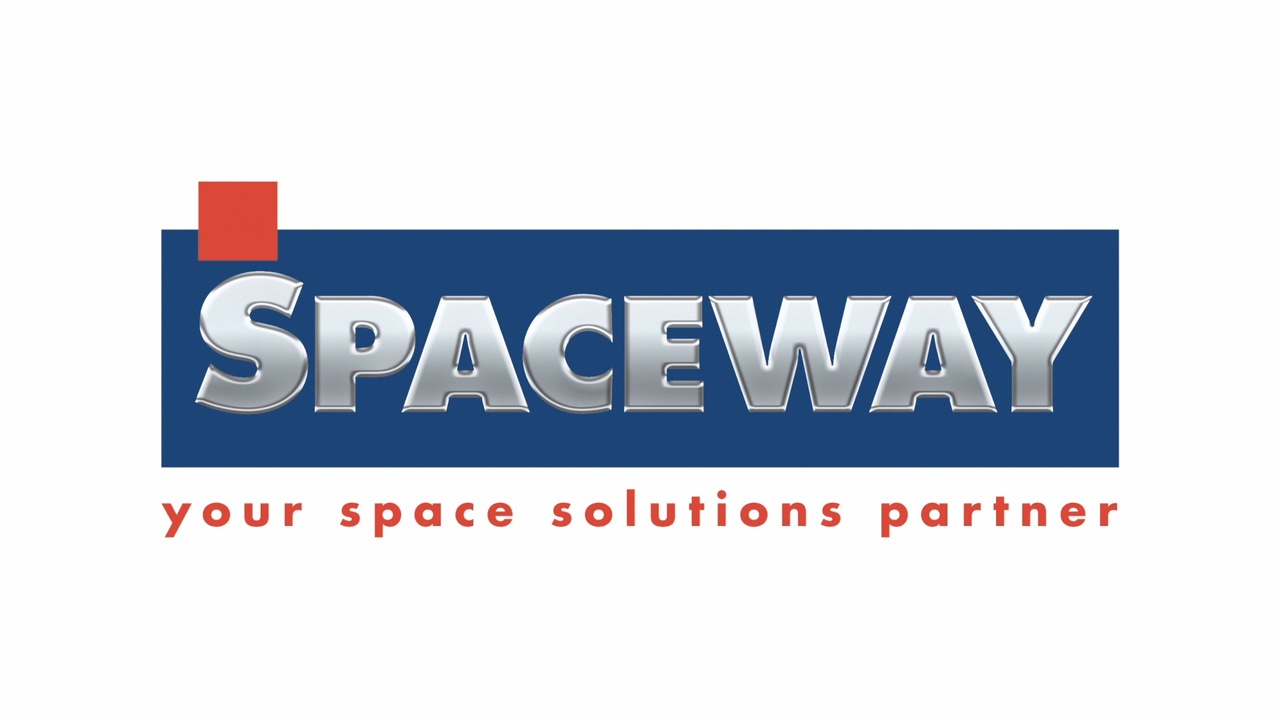

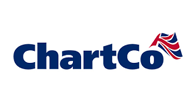
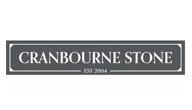

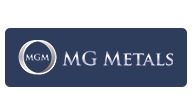


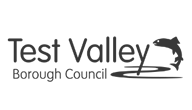

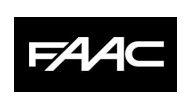

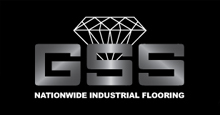
Makhija Pooja on August 2, 2017 at 6:37 am said:
Great Job Taylor! Thanks a ton for this post for clearing our doubts and misconceptions about SEO. It definitely clarifies the fact and the fictions. It will be of help to me in future 🙂